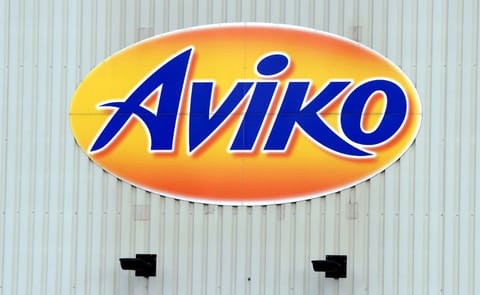Potato Consumption in Children's Meals Leads to Higher Overall Diet Quality
National Potato Council: New Proposed School Meals Guidelines Could be a Step Backward

The potato industry firmly believes that the health of our nation's children is a top priority and applauds efforts to improve children's nutrition. However, recommendations to reduce vegetables such as potatoes, corn, and peas as outlined in the proposed rule on Nutrition Standards in the National School Lunch and School Breakfast Programs issued today by the United States Department of Agriculture (USDA) could have adverse effects on children's health.
"Potatoes are a nutrient-rich vegetable,"said Katherine Beals, PhD, RD, FACSM, Associate Professor (Clinical) in the Division of Nutrition at the University of Utah, Salt Lake City. "Potatoes provide two of the four nutrients of concern for children - potassium and fiber. We need to help kids get more of these vital nutrients in their diets or they could face serious long-term health consequences."
The 2010 Dietary Guidelines Advisory Committee identified potassium and fiber as nutrients of concern for children. However, the USDA is recommending limiting the availability of a vegetable that not only provides these essential nutrients in a calorie-efficient package, but that's also a vegetable children actually want to eat.
A recent menu modeling analysis shows that if potatoes are offered in the school lunch meal plan four days a week, the requirements of the Dietary Guidelines are met and the intake of potassium is superior to the level in the proposed rule. Also, the analysis shows that eating potatoes at breakfast means more vegetables for kids.
Beals encourages the USDA to not limit potatoes on school menus to ensure children are meeting daily vegetable and nutrient needs. She noted:
- A medium-sized serving of oven-baked French fries provides more potassium than a medium banana and as much fiber as spinach - and baked potatoes offer even more potassium and fiber.
- Potatoes are packed with other vitamins and minerals including vitamin C, vitamin B6, folate, manganese, niacin and phosphorus.
John Keeling, Executive Vice President and CEO of the National Potato Council, says the industry appreciates and supports all the USDA has done and does to improve school meals, but if the proposed guidelines are implemented they could have serious unintended consequences that would reduce rather than advance vegetable consumption.
Keeling urged the USDA to consider the facts when it comes to potatoes: they are nutrient-rich and affordable, and on today's school menus the vast majority of potato choices are oven-baked or boiled - not fried. "From eliminating trans fats to reducing sodium, the potato industry continues to improve the healthful nature of potatoes served in schools to help improve children's health,"Keeling said.
Related PotatoPro Newsletter: the Nuval or ONQI score of potato is 93









